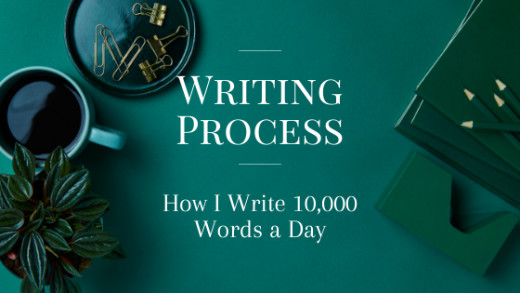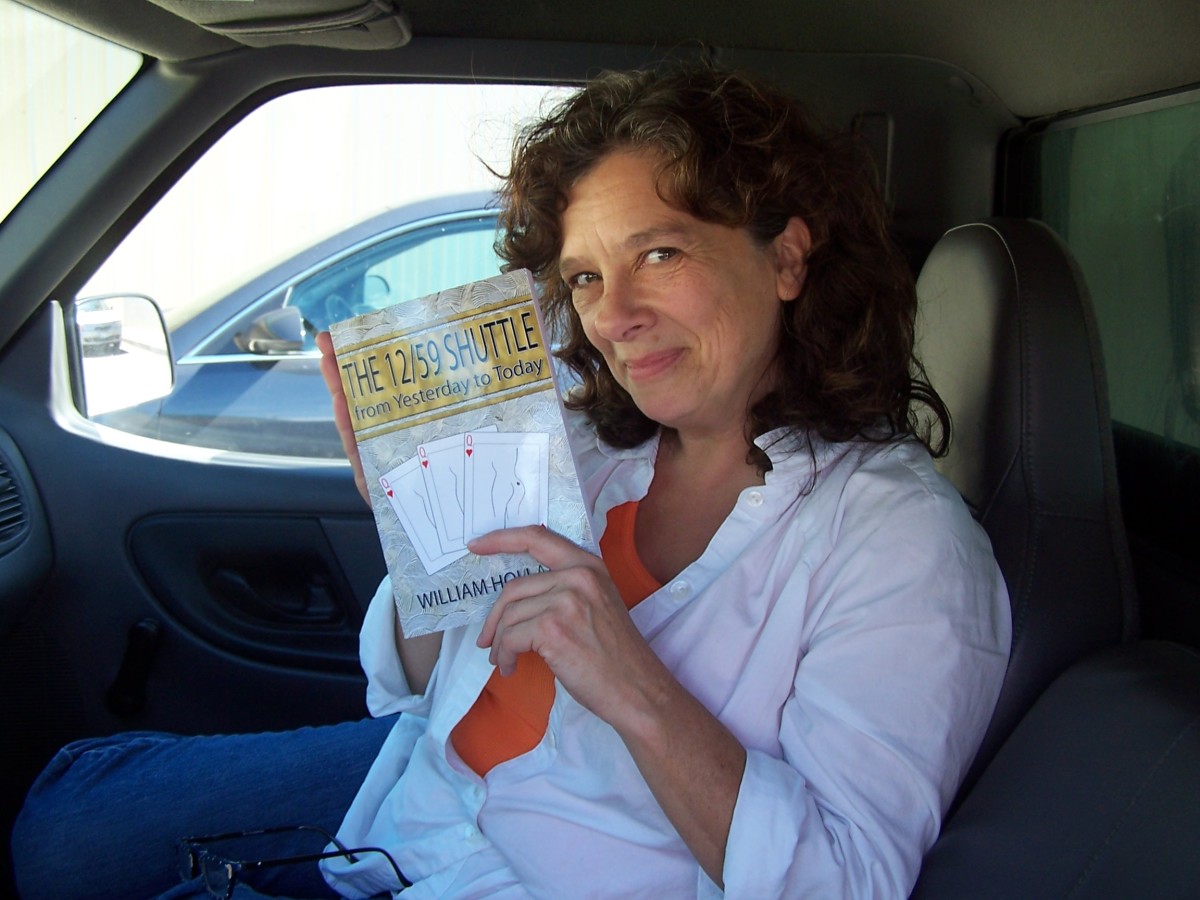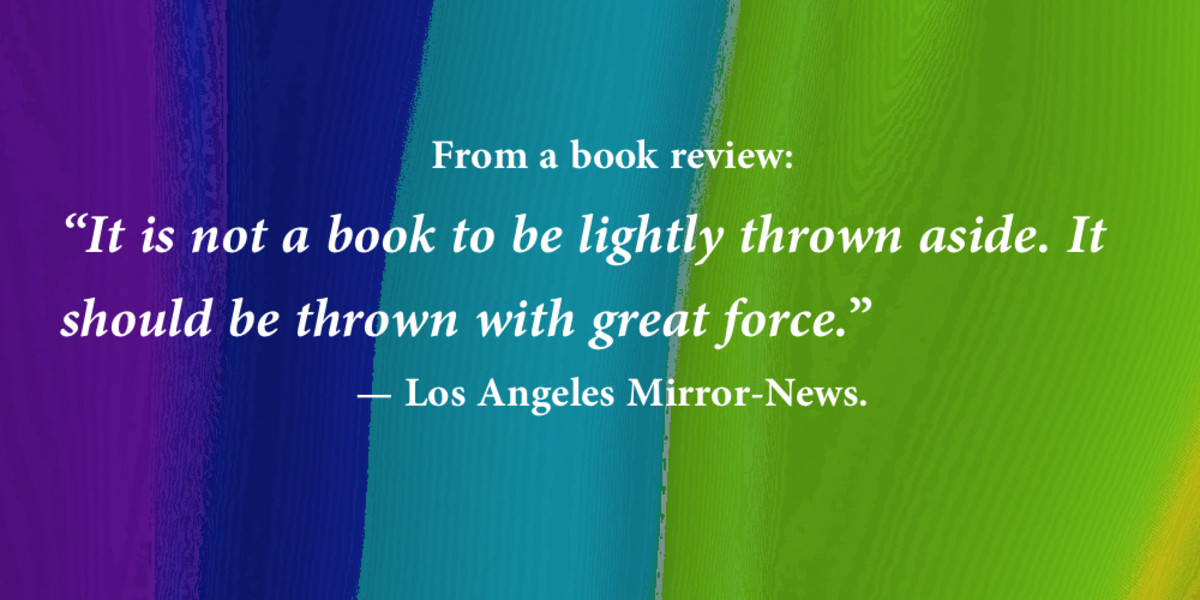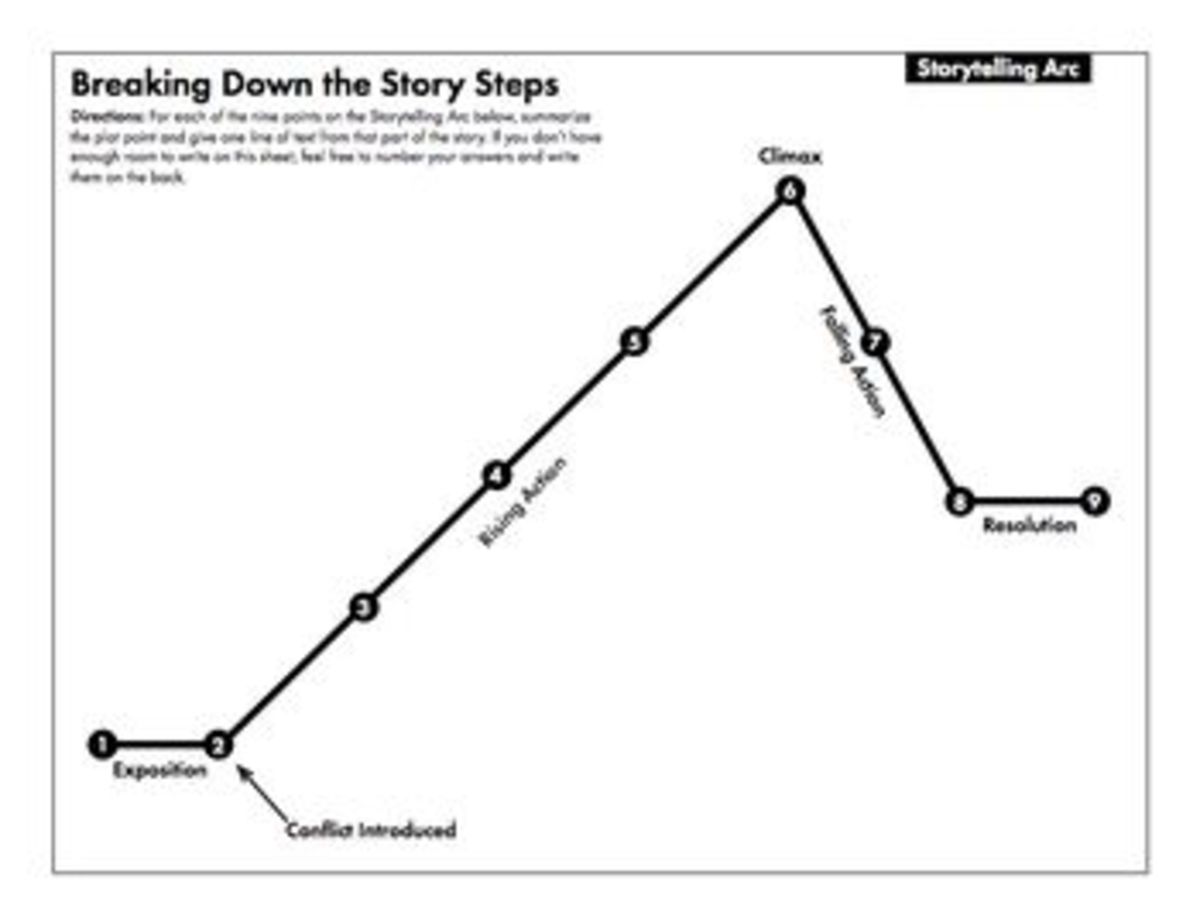How I Write 10,000 Words a Day

How I Write 10,000 Words a Day
Writing can be tough. It can make you want to pull your hair out and throw your computer out the window (but not really, because let's face it, you love your computer).
Luckily for you, I have some tips to help you write every day, increase your daily word count, and stay (mostly) sane while you write your next novel.
1. Starting Small
So you want to write 10,000 words a day, starting right now and keep going every day for the rest of your writing career? As nice and easy as that sounds, there's a bit more to it than that, and chances are, you won't make that 10,000 words today. There are a few reasons why, and a few ways to get there and still feel good about it along the way.
Writing takes brainpower. It's a mentally strenuous activity, and the best way to improve is to flex those writing muscles a little bit every day. But how to do this and still feel like you accomplished something? Set a goal. A teeny tiny, very reasonable goal. Then reach it.
It sounds simple. It sounds basic, but it's how I got to where I am today. Now, for the magic number, the number of words I set myself to write every day. Are you ready? 200 words. That's it.
2. Write
It doesn't have to be perfect. It doesn't even have to relate to your next novel, though it doesn't hurt. The important thing is to write something, anything, every day. Why? It's important to flex those writing muscles.
By writing, even a little, every day, you train your brain to focus and produce words when you sit down to write. No more staring at the blank page and a blinking cursor mocking you from the screen. It's surprisingly empowering to know that you have the ability to sit down and write on command. And do you know what? Today I'm burned out on my novel, so I'm flexing those muscles by writing this article.
Now, I could simply stop here. Sometimes I do. I've reached my goal, so why should I keep going? To be honest, my two hundred word goal is another trick. If I'm 200 words into a writing flow, chances are I have momentum, and I end up doubling or tripling my word count. Sometimes I'll get lucky and write 5,000-10,000 words. And like any training exercise, the more I do it, the easier it is to do it again.
2. Take Breaks
I get it. There's a little voice in the back of your mind telling you it's not enough unless you're always writing. When I started writing, I'd force word after word onto the page, one after the other, paragraph by paragraph until I felt like I'd put enough ink on the page for one day. But writing that way was like pulling teeth. It was agonizingly slow, mentally exhausting, and the words I did put down weren't much good anyway.
So what's the alternative? Take breaks. Every creative mind has days where colors fly and the world is your creative oyster. But what about the days where your mind is numb and the only words in your brain seep out like sludge? Like the rest of your body, sometimes you need a break before you can run at a full sprint. Take a mental break. And I don't mean surf YouTube for hours or start your next Netflix binge. There's nothing wrong with either of those, but you're supposed to be writing, remember?
A nice break can be reading a book, so you're still exercising those muscles for story. It can be something completely unrelated, such as painting, cooking a new meal, or doing whatever else you find productive. The key is that last word. If you're taking a mental break but want to use it to come back around to writing, keep your mind engaged.
If I'm feeling burned out, I'll take an entire day or two as a writing weekend. I still reach my daily writing goal, but I don't devote the entire day to my craft. I still make time to live my life, enjoy the sunlight, and catch up on my latest TV binge. While I write every single day, I don't make every day a writing day.
So what do I write about if I'm not devoting writing energy to my next novel? I use substitutions.
3. Substitutions
Your goal may be to write a novel, but that doesn't mean it's the only thing you have to write about. If you want to be more than a prolific, but a better writer, it's a good idea to practice those skills in more than one medium.
I have several substitutions I use when I want to write, but feel a little burned out or stuck on my novel.
Notes App
- Having a portable avenue of creativity on me has been integral to my creative process. I'll see a fluttering butterfly and write a few lines of description. I'll see a kid playing Minecraft and write a snapshot of an architect engrossed in his work. I'll hear a sad song or read a deep poem and leap into an artistic rendition of my feelings. It doesn't matter what I write; it matters that I put words on the page.
Blogging
- Indigo Writes is my newest writing diversion. I've written notes and tips for myself about craft and story for years, but I've only recently turned it into a separate creative outlet. I enjoy having this read like a conversation or writing discourse that doesn't have to be stiff or formal. Indigo Writes is my personal set of reference notes that I can put out into the world.
Whatever You Want!
- There are so many ways you can substitute your writing time. You can draw comics and work on dialogue, you can write an essay, self-imposed or otherwise. You can write song lyrics, snappy dialogue, or write a long-winded stream of consciousness. The world is your creative oyster! Find what works for you, and enjoy the time you take to train your brain on an endeavor you already enjoy.
4. Getting to 10,000
The first time I hit 10,000 words in a single day I was completely taken by surprise. I hadn't even planned on writing (other than my 200) that day. I woke up with a scene in mind, something simple and completely unrelated to any of my works in progress. I told myself I'd write it out, shove it into my compost heap, and maybe dig it up again in a year or two.
10,000 words later, it was 2:00 AM and I had to find a reasonable stopping place. I planned out a completely arbitrary plot outline in a single continuous stream that rambled on for another four pages and then crashed hard. When I woke up the next morning, I checked where I left off, used my novel outline, and wrote another 14,000.
(Fun fact: This happened a few days before I made a life decision, so there is something to be said for motivation out of procrastination.)
However I hit the milestone, I did it. Twice. Four days later, I did it again. Another week passed and I did it yet again. One month after I hit that milestone for the first time, I had four days where I passed 10,0000 words, and six more where I wrote 5,000+!
5. Practice, Practice, Practice
Now, even on days when I plan to write, I don't always hit those numbers. But I tend to hit them way more often than I did before, and my daily 200 word goal? I've jumped it to 1,000. Why? Because I know I can. It's no longer an unreasonable goal. Do I sometimes struggle to reach 1,000 words on a writing day? You bet! Like any good workout, the point is to push yourself, but not so hard you push your goal out of reach.
So if you want to write 10,000 words a day, try out some of these tricks. Set reasonable goals, write a little every day, and don't forget to give yourself a break!
Until next time, lovely readers!

© 2020 Faith Indigo








